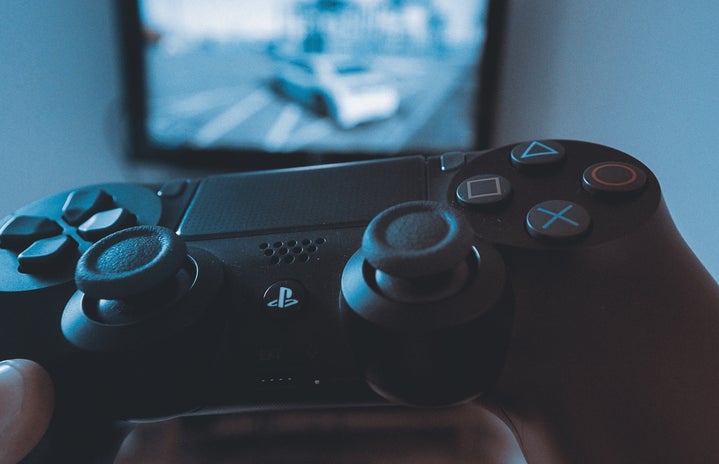Since their establishment, video game communities have been predominantly masculine spaces. The violence, sexual nature and mature subject areas all contribute to why videogames are so male-centric. However, gaming is slowly dismantling its androcentrism and is increasing the number of females in the industry and the gaming communities. But we cannot turn a blind eye to the prejudice and the still outnumbered group of female gamers.
When you go onto Twitch, or at least when I log in, the majority of people on my feed are males. People like Ninja, Summit1G, and MyMisterFruit all appear at the top. When I scroll down, I see a few female gamers, but far less than their male counterparts. You may be thinking, well maybe fewer females play video games and that is why they account for less of the gaming population. And that would be a valid point, however, a study conducted in 2020 showed that 41% of the online gaming population was female.
Another big downfall of Twitch is that when I do see a female gamer (like Pokimane), she doesn’t have the following of the larger male Twitch streamers. Pokimane is one of the only females in the top 50 Twitch streamers this year, and she made the cut at 6th place with 6.3 million viewers. This is nothing compared to Ninja’s 16.3 million. I will acknowledge that Ninja definitely has a large following for a reason, he is talented and enjoyable to watch. However, the fact that only three females meet the cut when 41% of gamers are female is outlandish.
Now that I’ve covered the statistics, let’s talk about the environment. I have talked to three different people about their online gaming experience to get a better understanding of what it is like to be a female in the gaming community outside of my own perspective.
The first woman often plays games like Runescape, which is an online fantasy roleplay game where you can interact with other players and complete quests to level up your character’s statistics. This person told me that on countless occasions she was called names and made fun of before even speaking to people in the game. Her name indicated that she was a female, and she received so much hate for it that she ended up changing her name to be less feminine, and hid her gender identity. The only in-game players who know that she is a girl are the other people she plays with frequently, also called her clan. She has fully leveled statistics in the game, some of the best equipment and one of the best pets, yet she still receives flak for being a female.
The second woman is a big fan of Counter-Strike: Global Offensive (CSGO) and Call of Duty. She explained that when she joins a voice chat with her team, which is changing often, they immediately remark on the fact that she is a female. She admits that sometimes it is positive and they are welcoming, but more often than not she is met with people assuming she is incapable and that they will have to carry her through the match. Since she has been playing CSGO for about 5 years, she usually is able to lead her team to victory rather than the other way around. After that, she says that she will often be invited to play with the team but usually rejects them if they initially met her with distaste over her gender. She explains that even though she is met with initial negativity, she feels the need to break gender stereotypes when she wins and make it known that she is a female.
The final woman plays games like Skyrim, which is an open-world action role-playing video game. This person remarks that although there isn’t an online community when she does find people to talk with about playing on platforms like Discord or Reddit, that she is often turned away or sexualized by those who message her back. She has been asked what she looks like and how old she is before they even speak about the game. She wants people to understand that males tend to sexualize female gamers without their consent and that it comes across as creepy and is almost always unwanted.
So, not only do these three women feel victimized and stereotyped, but their hard work in their respective games is not acknowledged and is overlooked due to their gender. If the three people that I game with feel like this, we need to recognize how many more women are experiencing this on a daily basis.



